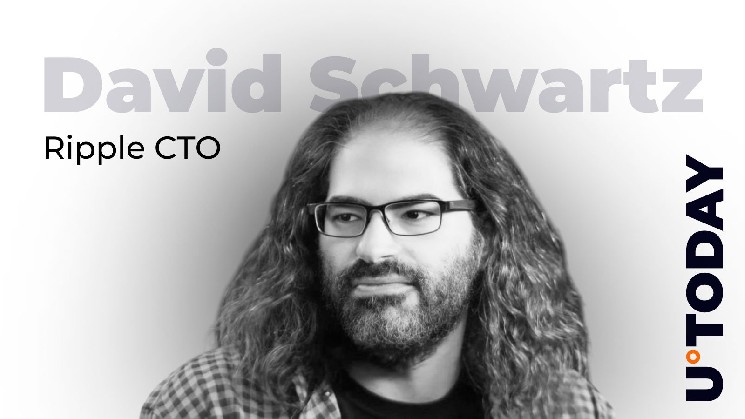Ripple CTO David Schwartz recently announced that he is stepping down from his role as Ripple’s chief technology officer, sparking a reaction from XRP and the broader crypto community.
One X user reacted to Schwartz’s resignation announcement and implored Ripple’s CTO to “kindly continue working on Coil.”
Please continue developing “Coil”. Still part of the great stuff.
~Saturday has changed https://t.co/mirlxtdfpn
— Unbearable 321 (@Petrol_Holic_KE) October 2, 2025
Coil is a platform that offers creators an alternative way to monetize their content online. When subscribed fans consumed content, the platform leveraged an open API called Web Monetization to instantly stream micropayments to creators. The API was built on the Interledger Protocol, co-created by former Ripple CTO Stefan Thomas. The coil platform was retired in 2023.
Ripple CTO involved
In response to requests from X users to continue developing Coil, Ripple CTO David Schwartz revealed the hard truth: “We seem to be at an impasse. This issue is interesting.”
Mr. Schwartz went on to explain the issue using the context of the email. He pointed out that email actually has two distinct functions that are logically independent.
First, it has a universal namespace based on domain names. Second, it has a universal exchange protocol, SMTP. Schwartz said of the issue, “You can imagine a system that has one of these and not the other. First, if you don’t have either, it’s the worst thing.”
“Coyle wanted the Interledger Protocol (ILP) to be like email, a universal namespace and a universal protocol with guaranteed interoperability,” Schwartz said, adding, “The problem is that a universal protocol of interoperable currencies is not practical.”
Schwartz added, “Yes, ILP is a protocol, and most of the time we’re interested in people using ILP to move money. But it needs to coexist with other payment methods, and there doesn’t seem to be a need to require people with other payment methods to onboard an ILP endpoint.”
Ripple’s Paystring (a universal namespace for payment endpoints that can support XRPL addresses, ILP endpoints, Bitcoin addresses, exchange custodial accounts, PayPal, and Zelle) was developed accordingly, but interoperability was not guaranteed.
“The big hurdle in the past was the regulatory barrier to system-to-system payments outside of self-custody. I don’t know if that has improved or if it’s still an issue,” Schwartz added.


